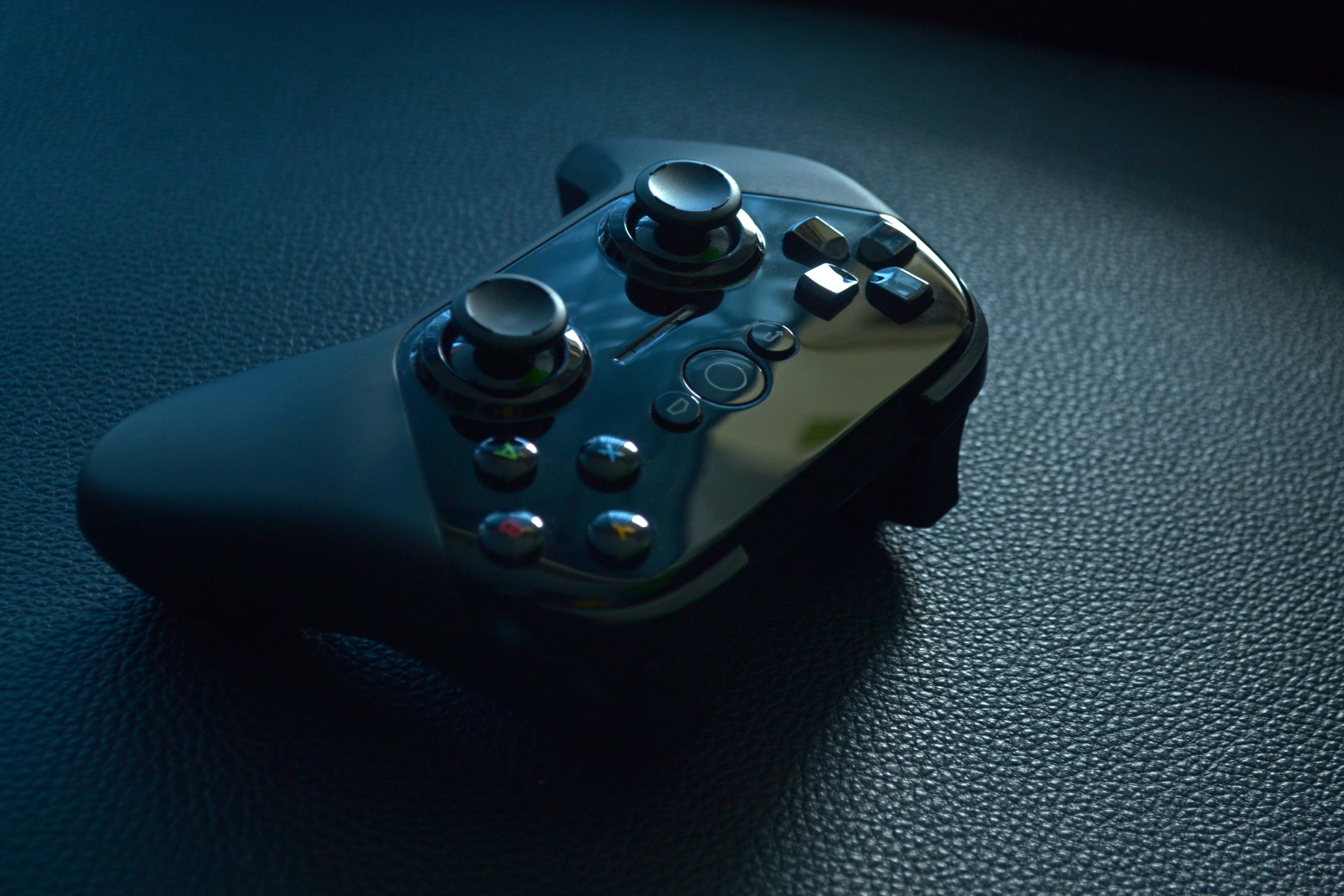Getting started in a Sound Design / Game Audio career
This year at Ayrshire College, there is a new course called Introduction to Computer Games Design.
It focuses on careers which now exist in the computer games industry for artists, animators, musicians, sound designers and programmers. Working in teams you will develop skills in these areas.
You will create and fully integrate original audio and visual components within a fully working computer game using a variety of industry standard digital platforms including: UNITY, Pro Tools, Adobe FUSE, Wwise and Outlook Suite.

What if you know what career you want, but don’t know how or where to start? This happened to former student Jaime Cross, and we caught up with him to hear how he ended up in his dream job in the games industry.
What attracted you to a Sound Design / Game Audio career?
I’ve always been interested in working in games from a young age, and have been writing music and performing in bands from my mid-teens. As is the case with most game loving musicians, I really wanted to compose for games as a dream job; looking up to a lot of prolific game composers. But I didn’t know where to start. I always felt that I needed to study programming in order to get anywhere in that industry, but during my first stint at university I discovered that I didn’t really enjoy it that much, and wanted to pursue music and sound production instead. I changed course and went to college, as I discovered there was another route into games that made more sense for what I actually wanted to do in the industry, so actively went after that.
Tell us a little about your experience here at the College
The HNC/D Sound Production course not only taught me the fundamentals of sound production that I still use today, it encouraged practical application of them through opportunities the staff provided or access to the equipment and resources available, such doing live sound at gigs or recording bands in a studio setting.
In my HND year, I expressed an interest in post-production sound for my Graded Unit (Sound for Film or TV). Due to my interest in games, and while the course didn’t have any dedicated modules for that, the lecturers were keen for me to pursue it, and actively brought some of aspects of audio production into their classes to showcase it to other potentially interested students.
What have done since graduating and what are you doing now?
After graduating, I took a year out from education and used my audio skills with the ‘Ayrshire Archives’, doing some tape backup and restoration work. I went to Abertay University to study their Creative Audio Production course.
Through a group project, I ended up working with a team that really gelled together, and we achieved great success in student competitions as well. We successfully pitched for funding to start up ‘Team Junkfish’ in 2013, where I worked as a company director and handled audio, marketing and PR work. We launched our first game ‘Monstrum’ in 2015 on PC and VR headsets, which sold well enough to support the company to their next project and was nominated for several awards.
I left the company in 2017 to join ‘Blazing Griffin’ in their games team, serving as the audio department for their game ‘Murderous Pursuits’, which launched in early 2018. In January 2019, I re-joined ‘Team Junkfish’ as the Audio Lead, as the company is expanding and working on new projects.
My job involves a number of different things:
- Planning and writing up documentation for the audio requirements and systems for projects
- Recording, editing and implementing sound effects, dialogue and music
- Working with the team to prototype audio systems
- Handling any freelance or contract audio personnel we may use such as voice actors or musicians
It is a fairly all-encompassing role for any of the audio needs of the company.
Additionally, I also sit on the board of IGDA Scotland, a games advocacy group that helps to promote the growth of the industry and workers in the Scotland.
What’s great about your job?
Game audio is a field that is so broad that there’s always something to learn or specialise in. You can be a generalist like myself, or focus on composition, sound design, dialogue editing, or even more technical options like implementation and programming.
There’s something invigorating about creating sounds to something that doesn’t really exist and helping to bring that to life as part of a team. It’s rewarding like solving a puzzle – how will this sound work in a game? What sounds will happen when the player does x? What else can we change in the soundscape to draw them in even more? And at the end of the day, knowing that you recorded some daft little thing in a room, and ended up transforming it into a key part of a sound, never gets old.
I suppose if someone is interested in sound design one of the big things would be to try it. If you’re just starting, you don’t need expensive equipment or tools, as there are a range of free or cheap options available. As long as you have something that can record audio, like your phone, and something that you can use to edit it, you can start picking up sound design and game audio. It might not be studio quality, but it’s good enough to practice with and learn from.